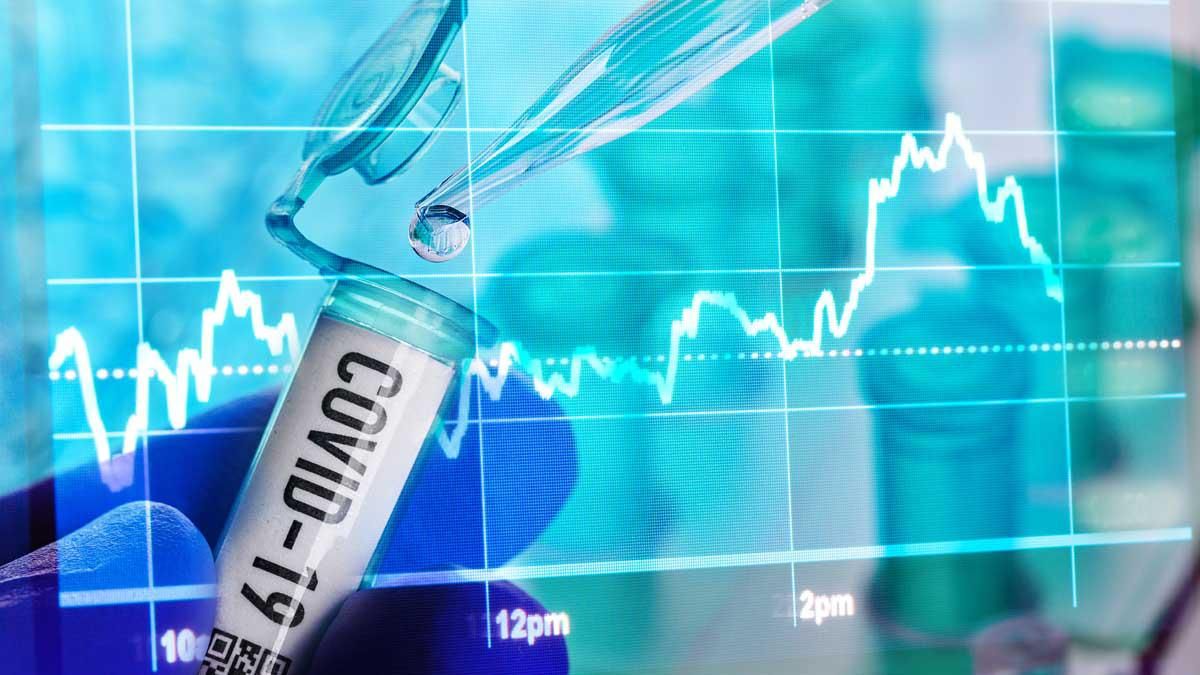Horowitz: The stifling of COVID treatment: The case study of aspirin

The war on all information that might help COVID patients survive wasn’t just limited to prescription drugs. There has been a complete blackout on over-the-counter supplements and common medicines that the public is very familiar with and that are readily available, which together could have reduced the mortality burden. A new study published in the heavy-hitting Journal of the American Medical Association demonstrates that it is criminal how to this day our government has failed to advise people on the simple use of aspirin at first sign of COVID.
Like many other people, Advil is my first go-to medication when I feel feverish. Yet when I thought I had COVID in July 2020 (I ultimately didn’t), even this non-doctor was familiar with the already robust academic literature behind the use of aspirin for COVID. So, I went out to the pharmacy and bought some aspirin. Now, a new study published in JAMA by George Washington University researchers shows a modest decrease in mortality just from this well-known over-the-counter drug even in those already hospitalized. Imagine if everyone had been instructed to have it on hand at the first sign of trouble.
The very large retrospective cohort study shows a 13.5% decrease in mortality among hospitalized patients who were administered a baby aspirin per day. The benefit observed was even higher among those with comorbidities. Additionally, and not surprisingly, the study found a 29% decrease in incidence of pulmonary embolism, which is a very common factor landing COVID patients in the ICU. The analysis looked at 112,269 hospitalized patients across 64 different U.S. health systems from January through September 2021. No extra incidence of adverse events was observed in the treatment group.
A separate smaller study conducted by the same lead author published last April of patients in 2020 found an even greater benefit, possibly because the original strain was less aggressive. In the underpowered study, aspirin use was associated with a decreased risk of mechanical ventilation by 44 percent, ICU admission by 43 percent, and in-hospital mortality by 47 percent.
It is criminal that it has taken two years to get out this information. Moreover, these significant but relatively modest results were among those already hospitalized, and the dosage was just 80mg. Most of the doctors who aggressively treated COVID recommend taking aspirin from day one outpatient at the first sign of trouble. One could likely assume that the outcomes would be even better with the higher dose and earlier use before the micro-clotting set in with many hospitalized patients. Dr. Peter McCullough, a well-published cardiologist and internist who developed one of the earliest treatment protocols, noted that daily aspirin was part of his protocol for COVID patients already in 2020.
It should not have taken nearly two years for this information to be published in a high-impact journal, and even then, there are no signs of anyone in the medical establishment or NIH recommending its use.
Although acute COVID seemed to cause severe pulmonary inflammation and fibrosis, it was observed early on in the pandemic that many people ultimately died from blood clotting. This is why Dr. Pierre Kory, co-founder of the FLCCC, tells me, “Aspirin was a part of our early treatment protocol from day one.”
Dr. Bryan Tyson, who treated thousands at his urgent care in El Centro, California, used aspirin at the first stages of the pandemic and advised patients to take it for a while. “We started using full aspirin outpatient on our high-risk patients for 30-60 days depending on risk factors, and we never had a patient develop a pulmonary embolism or deep vein thrombosis or heart attacks,” said one of America’s most prolific COVID doctors. “We knew the spike protein was thrombotic, so we were more apt to use the full dose of aspirin.” Tyson, who is running for Congress in CA-25, believes it is criminal negligence for the medical professional not to pre-emptively treat the thrombosis, which can loom early in the disease and persist for quite some time afterwards.
This demonstrates that the war on hydroxychloroquine and ivermectin had nothing to do with something inherent in those drugs. We have witnessed the same blackout on non-prescription treatments such as NAC, vitamin D, vitamin C, zinc, quercetin, Pepcid, and betadine nasal/oral rinse. Imagine a multipronged approach, with several of these plus some anti-inflammatory prescriptions early on. Well, that’s why Dr. Tyson had such an amazing success rate treating 7,000 patients.
Most of these treatments were downright attacked. Right as some of the studies were coming out about aspirin, the entire media bizarrely conducted a coordinated attack on Oct. 12, 2021, when the U.S. Preventative Services Task Force reversed decades of protocol and recommended against using aspirin to prevent heart attacks and strokes. Suddenly, anything that may be used for COVID turns into poison overnight!
The media has also savagely attacked the use of betadine nasal rinse, which studies have shown has tremendous benefit for killing the viral load early on.
Thus, whether it’s broadly beneficial supplements and vitamins, cheap over-the-counter medications, safe prescription drugs, or experimental drugs used specifically for respiratory distress, nothing that actually might work need apply for approval. After all, they can only have an emergency if the public is kept in the dark on how to deal with it on their own.
Editor’s note: This article originally quoted Dr. Peter McCullough refererring to patients who had been given aspirin along with the blood thinner Lovenox. The statement contained a misprinted statistic of 98% instead of 18% and therefore has been removed for clarity.


